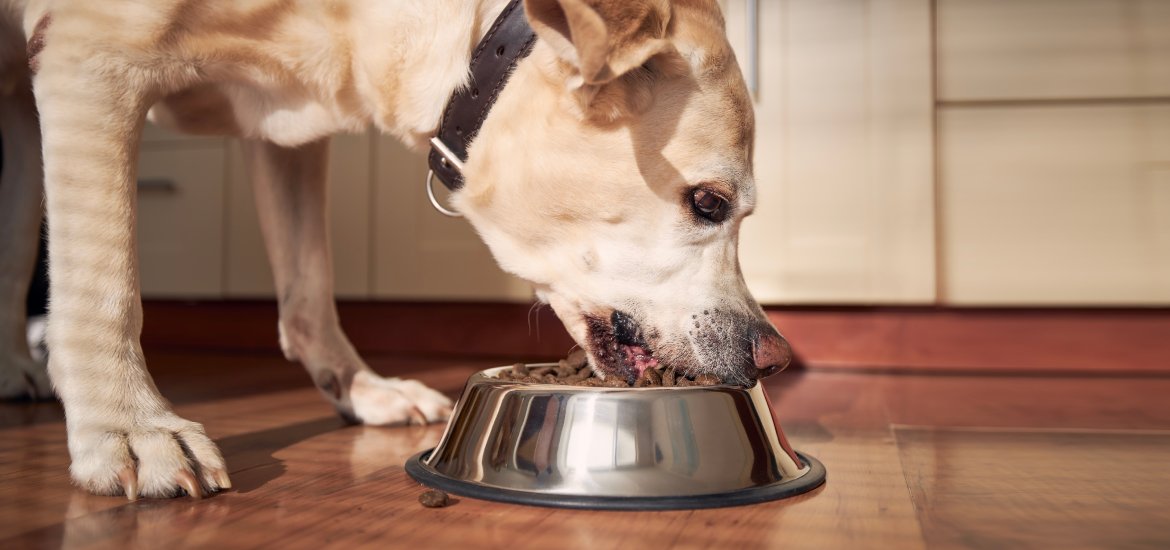Jan 4, 2023, 12:32 PM
We know the importance of eating healthily to maintain health, and it is becoming increasingly common to view food as medicine. Many health issues can be resolved, and our well-being can be increased by changing our diet. Just like with older adults, they are deciding whether to switch an older dog to senior dog food can be difficult. It's partially due to the dog aging at different speeds. Despite developing much more slowly than gigantic dogs, most small dogs become senior citizens between the ages of seven and twelve. We can support dogs as they age in various ways to ensure they enjoy as long, fulfilling lives as possible.
It might be challenging to comprehend your beloved dog's shifting nutritional requirements, especially as they age. They count on us to meet their needs, including feeding the elderly canines. Pet owners frequently question the necessity of senior dog food. What is the top-rated senior dog food available? What actions should you take if an elderly dog won't eat? We suggest having an in-depth discussion with your veterinarian; Calibra and Bio PetActive are always the solutions.

How Old Must A Dog Be To Be Recognised, Senior?
Aging is not an illness, as is well known. But it's also accompanied by diseases that affect the organ system and are changing gradually. The dog's height, weight, and breed are the main factors determining whether a dog is considered senior in terms of medicine. According to studies, giant-breed dogs typically have shorter lives than smaller-breed canines. Some breeds are considered seniors by the age of five, while others are considered seniors by the age of nine. Small breeds can live for 20 years, and even big breeds can live for 10 to 12 years. Generally speaking, a dog is considered to be older if he is towards the end of his third and last lifespan expectancy.
Common Age-Related Changes in Dogs
- Eyesight difficulties.
- Other skin conditions, bumps, etc.
- Weight gain or loss
- Excessive salivating, gum disease, or other dental signs.
How Do Dietary Needs Change with Age?
Undoubtedly, some nutritional elements can assist in managing the physical and physiological changes that dogs go through as they age. A positive attitude toward nutrition is essential to enhance life quality, particularly as people age. When feeding an older dog, the primary goals should be to preserve good health and a healthy weight, decrease the onset of chronic diseases, avoid their development, and reduce or alleviate the clinical symptoms of any already present disorders.
In the following ways, a senior dog's diet could be different from an ordinary adult dog's diet:
- Nutritional changes
- Higher Digestibility
- Improved formulation and suppleness.
- Address oral health issues.
- Joints-related supplements.
- Additional antioxidants, minerals, MCTs, Omega-3, and more.
The range of Calibra hypoallergenic and ultra-premium wellness diets, which are offered in various flavors ranging from chicken to duck, makes it simple to pick the correct nutritionally balanced cuisine. Popular all over the world, this brand is well-regarded and suggested by vets for aged dogs experiencing digestive disorders, kidney problems, food allergies, and more. These dog foods come from a renowned food brand in Dubai and are available online at Eurovets. They are perfectly balanced to promote good health.
